Your cart is currently empty!
Tag: Compost
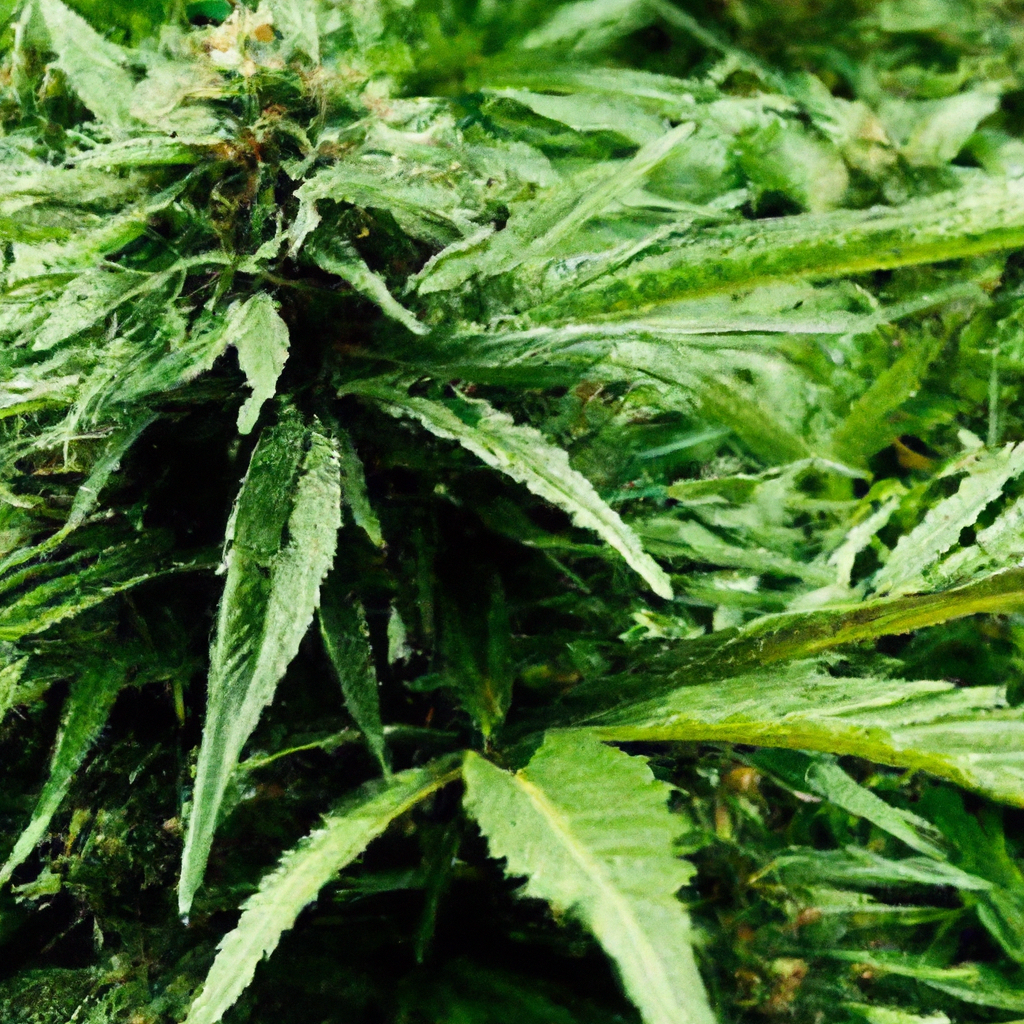
As the global shift towards sustainability gains momentum, cannabis cultivators are increasingly adopting organic methods to ensure a cleaner production process. This blog explores best practices in organic cannabis cultivation, focusing on building a healthy soil ecosystem with compost and beneficial microbes, using natural fertilizers like bone meal and fish emulsion, and implementing organic pest…
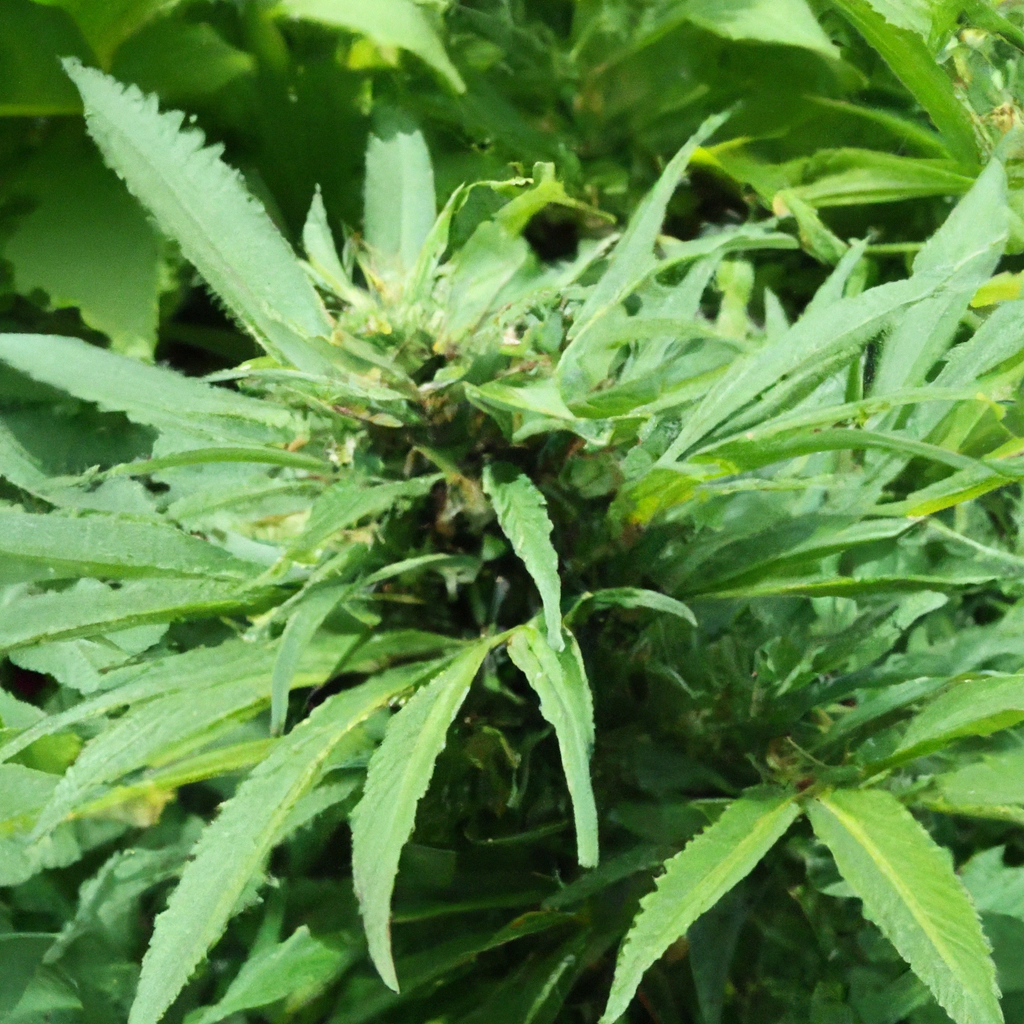
Organic cannabis cultivation focuses on sustainable and chemical-free practices to produce high-quality yields. Key strategies include nurturing a healthy soil ecosystem with compost, mulch, and cover crops, along with promoting biodiversity. Natural fertilizers like fish emulsion, kelp extract, and worm castings provide essential nutrients without synthetic chemicals. Eco-friendly pest control methods such as the use…
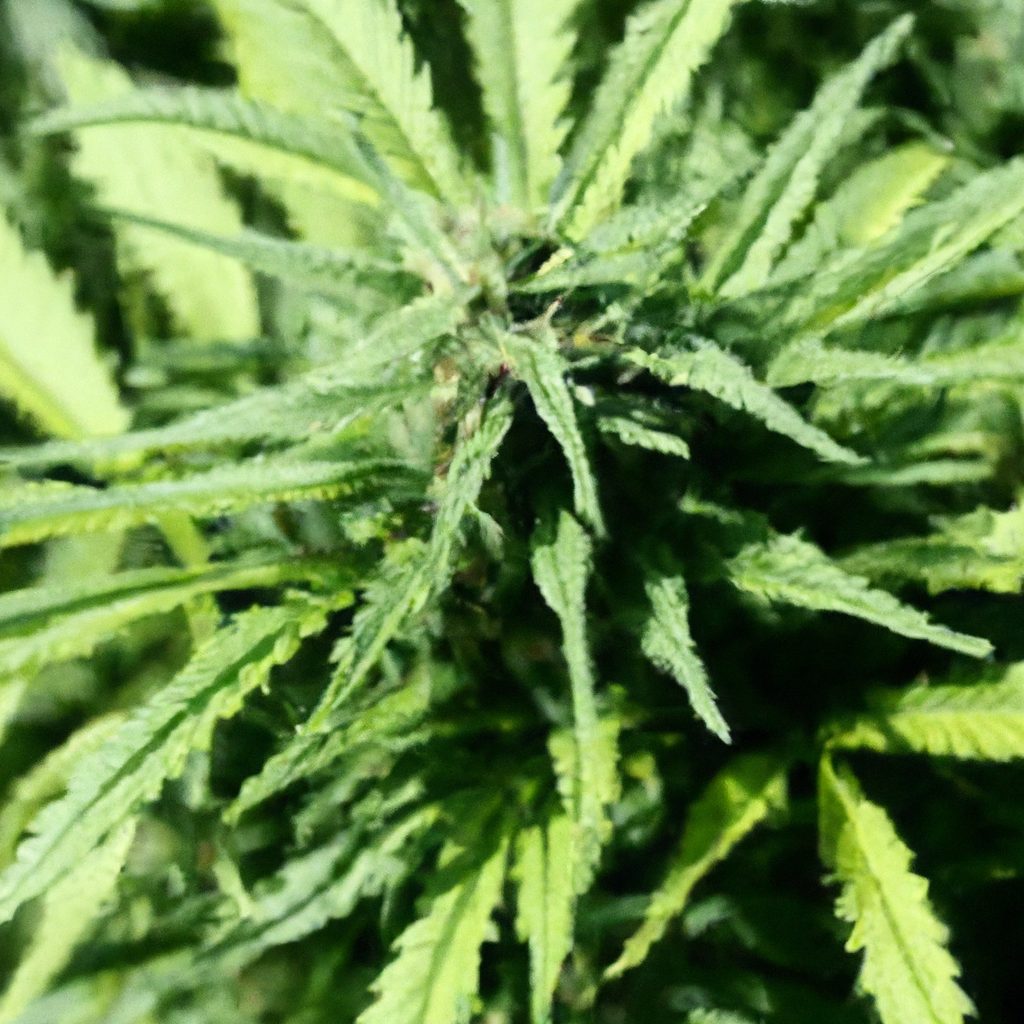
Organic cannabis cultivation prioritizes sustainability and eco-friendly methods for high-quality production. By enriching soil with compost, utilizing cover crops, and applying mulch, growers foster a robust soil ecosystem. Natural fertilizers and pest control, such as organic amendments and beneficial insects, maintain chemical-free plants. Avoiding synthetic chemicals protects local waterways and enhances soil fertility, while practices…
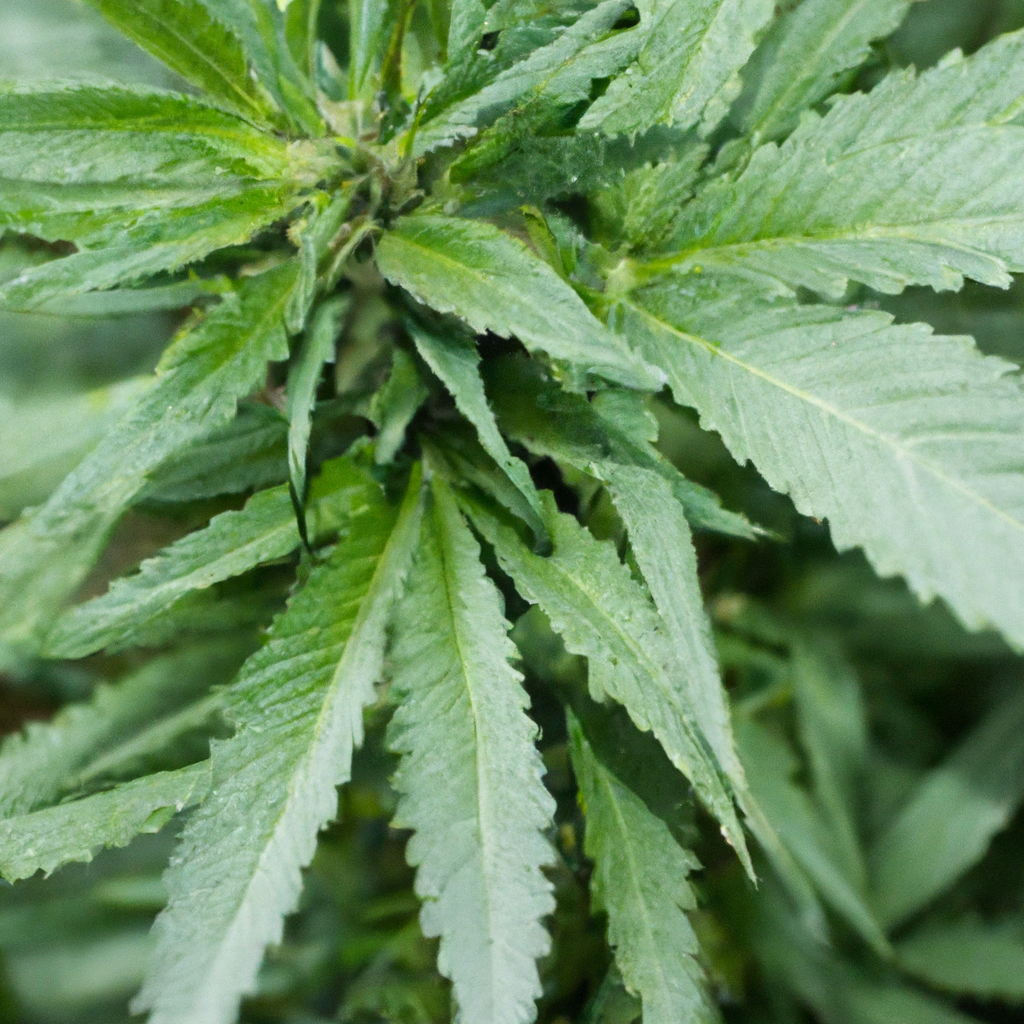
Organic cannabis cultivation offers a sustainable method of growing by enriching plant health and maximizing yield without synthetic inputs. With rising environmental concerns and consumer demand for organic products, more cultivators are adopting these methods. Key strategies include using organic soil amendments like compost and worm castings, advocating for beneficial insects for natural pest control,…
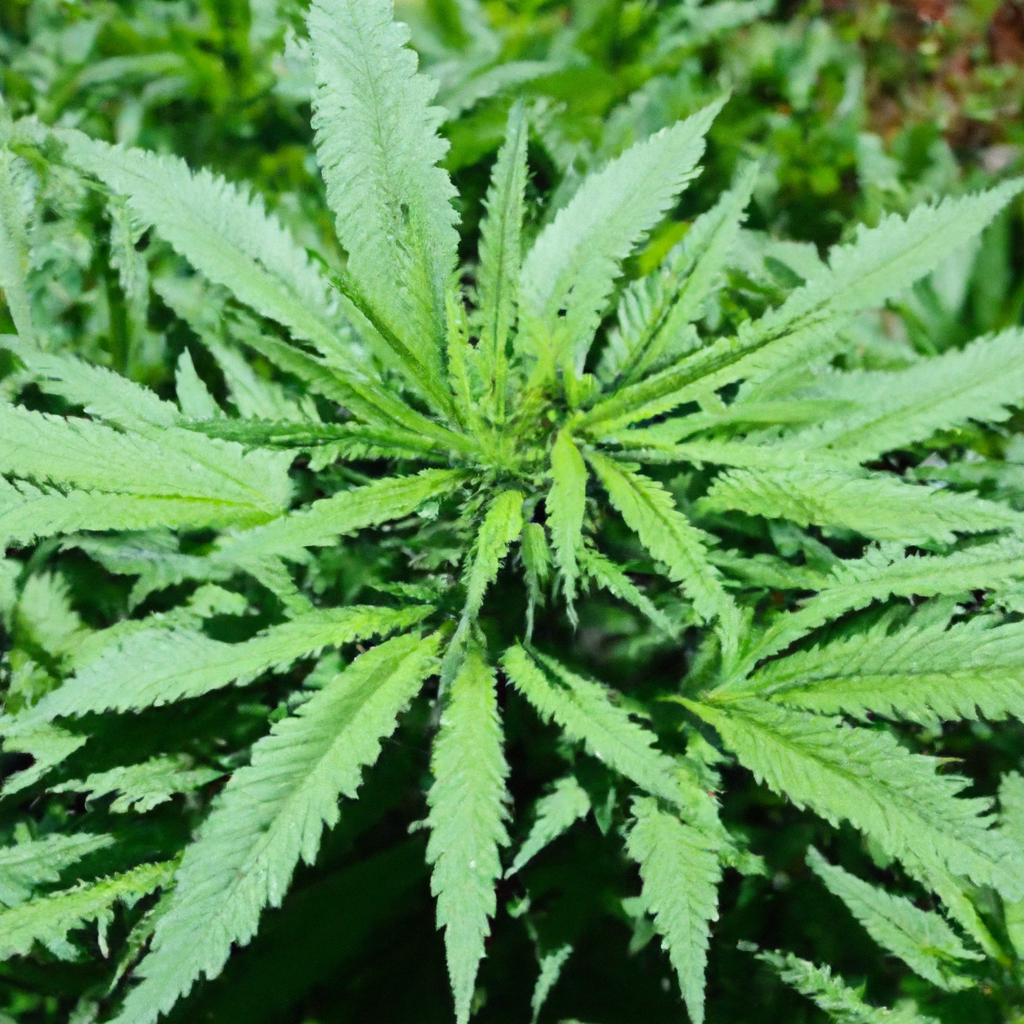
As the cannabis industry expands, many growers are adopting organic methods that emphasize sustainability and environmental care. Organic cannabis cultivation promotes healthier ecosystems, offering consumers cleaner and safer products. This article delves into effective organic growing practices such as building a healthy soil ecosystem through companion planting and composting, using natural fertilizers like fish emulsion,…
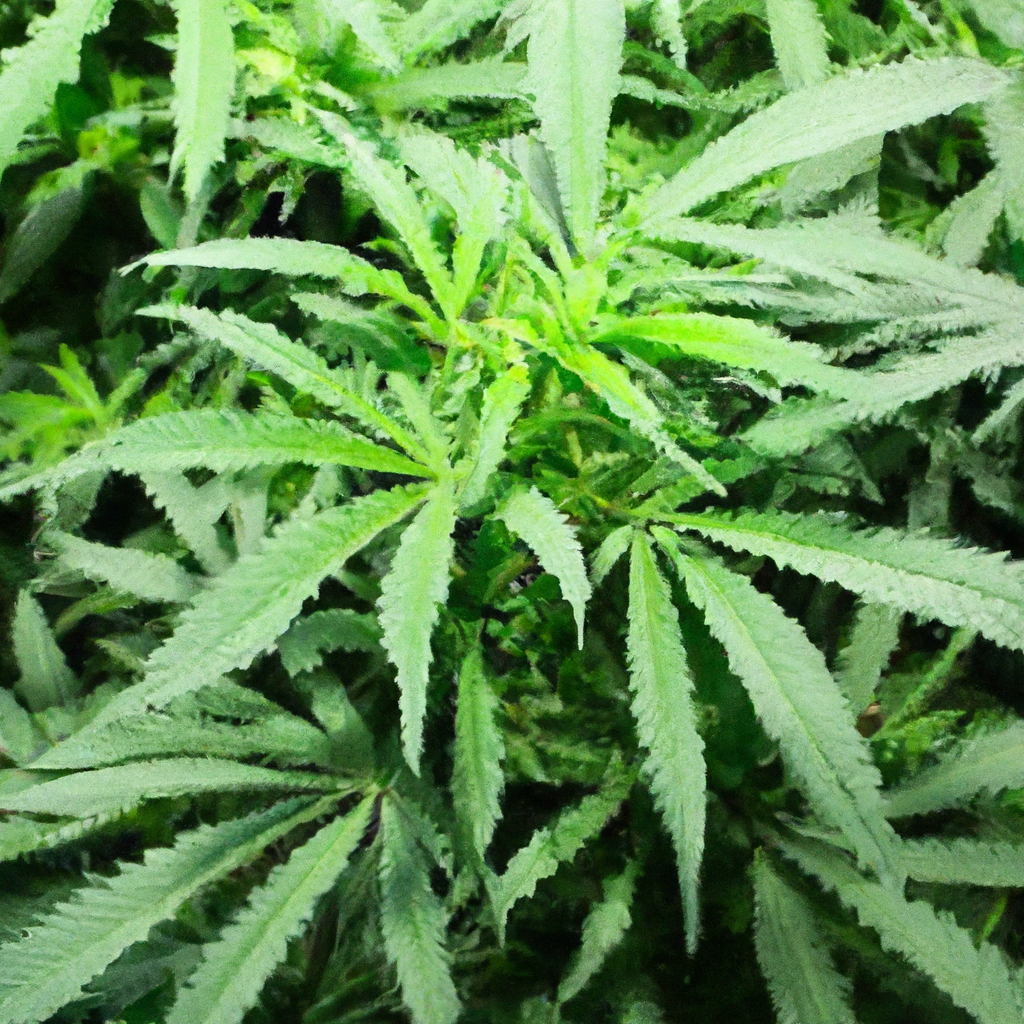
Organic cannabis cultivation provides environmental benefits and healthier products by using natural methods to build sustainable ecosystems. Key practices include using natural fertilizers like compost, worm castings, and bokashi to enrich soil and boost plant health. Moreover, fostering a healthy soil ecosystem involves companion planting, mulching, and crop rotation to support plant growth naturally. Sustainable…
Growing cannabis outdoors leverages natural elements but has its challenges. This guide provides unique techniques for a bountiful harvest by optimizing soil microclimate through mulching, composting, and raised beds. Implement smart pest management with companion planting, natural predators, and neem oil. Improve watering with drip irrigation, timing, and rainwater harvesting. Adapt to seasonal shifts with…
Embracing an organic approach to cannabis cultivation not only benefits the environment but also ensures a superior product for consumers. This article outlines essential practices for achieving organic purity in cannabis cultivation, emphasizing the importance of healthy soil, natural fertilizers, and sustainable pest control methods. Key practices include composting, using beneficial microbes, and crop rotation…
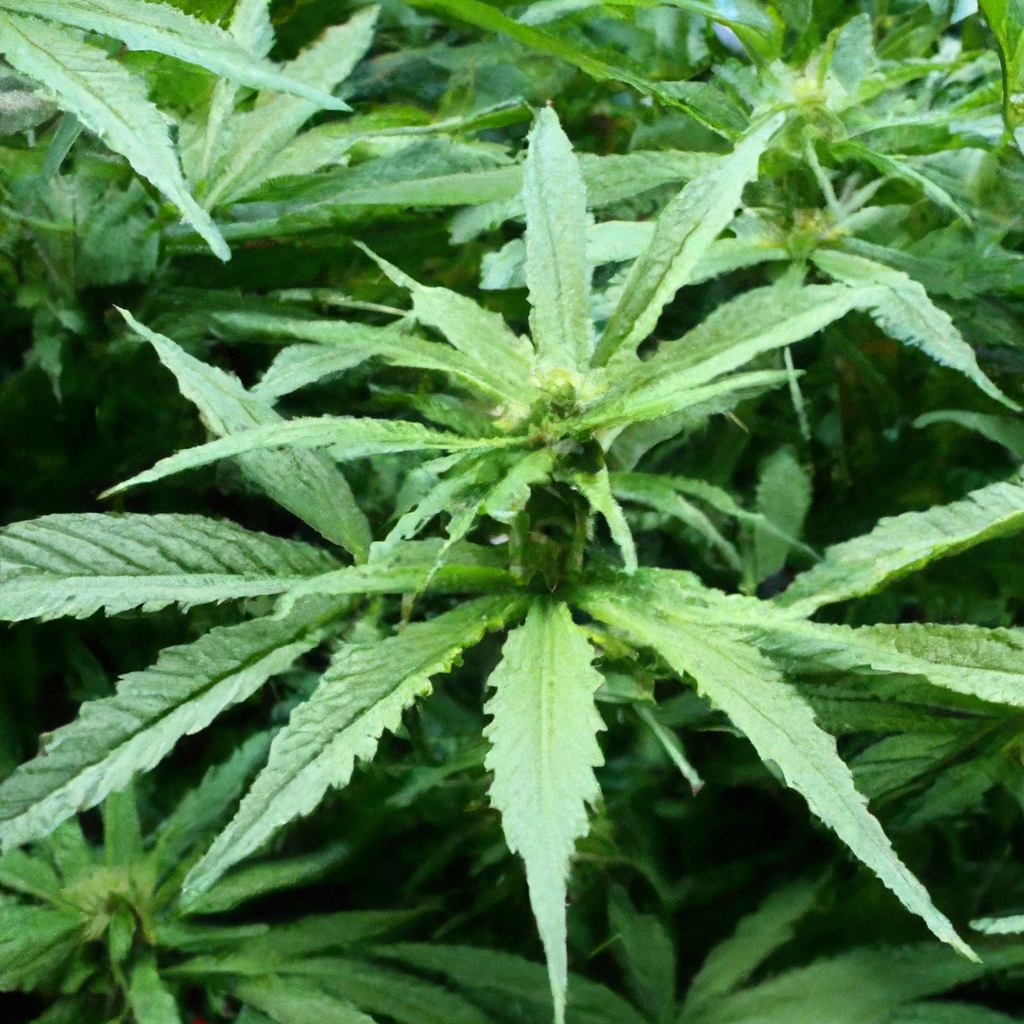
Organic cannabis cultivation is a sustainable approach benefiting both the environment and consumers. By focusing on natural methods like enriching soil ecosystems with compost and cover crops, using natural fertilizers such as bone meal and fish emulsion, and implementing eco-friendly pest control with beneficial insects and neem oil, growers can achieve a thriving, healthy crop.…
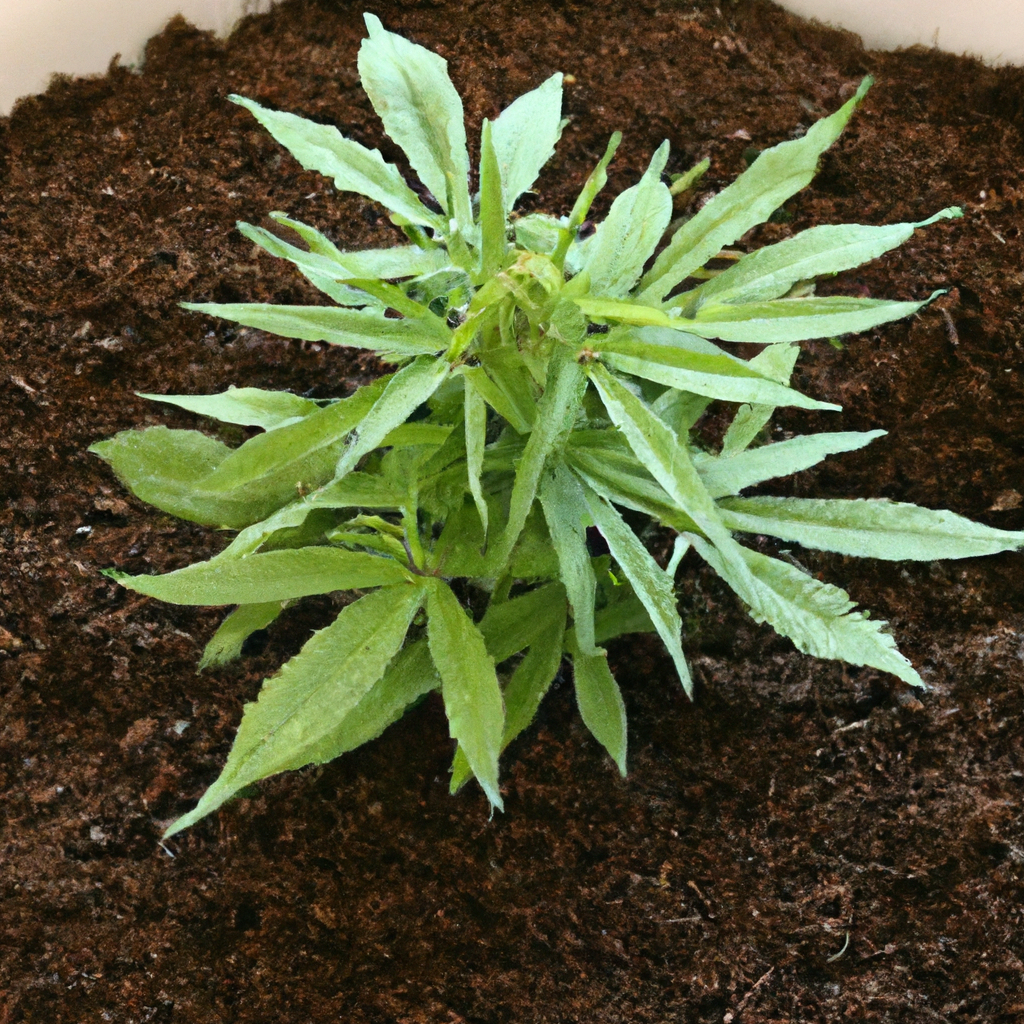
In the world of cannabis cultivation, many are shifting to organic methods for healthier plants and sustainable practices that benefit both the environment and the quality of cannabis. Key techniques include creating a rich soil ecosystem through composting and companion planting, avoiding synthetic chemicals by using natural fertilizers and organic pest control, and implementing sustainable…
